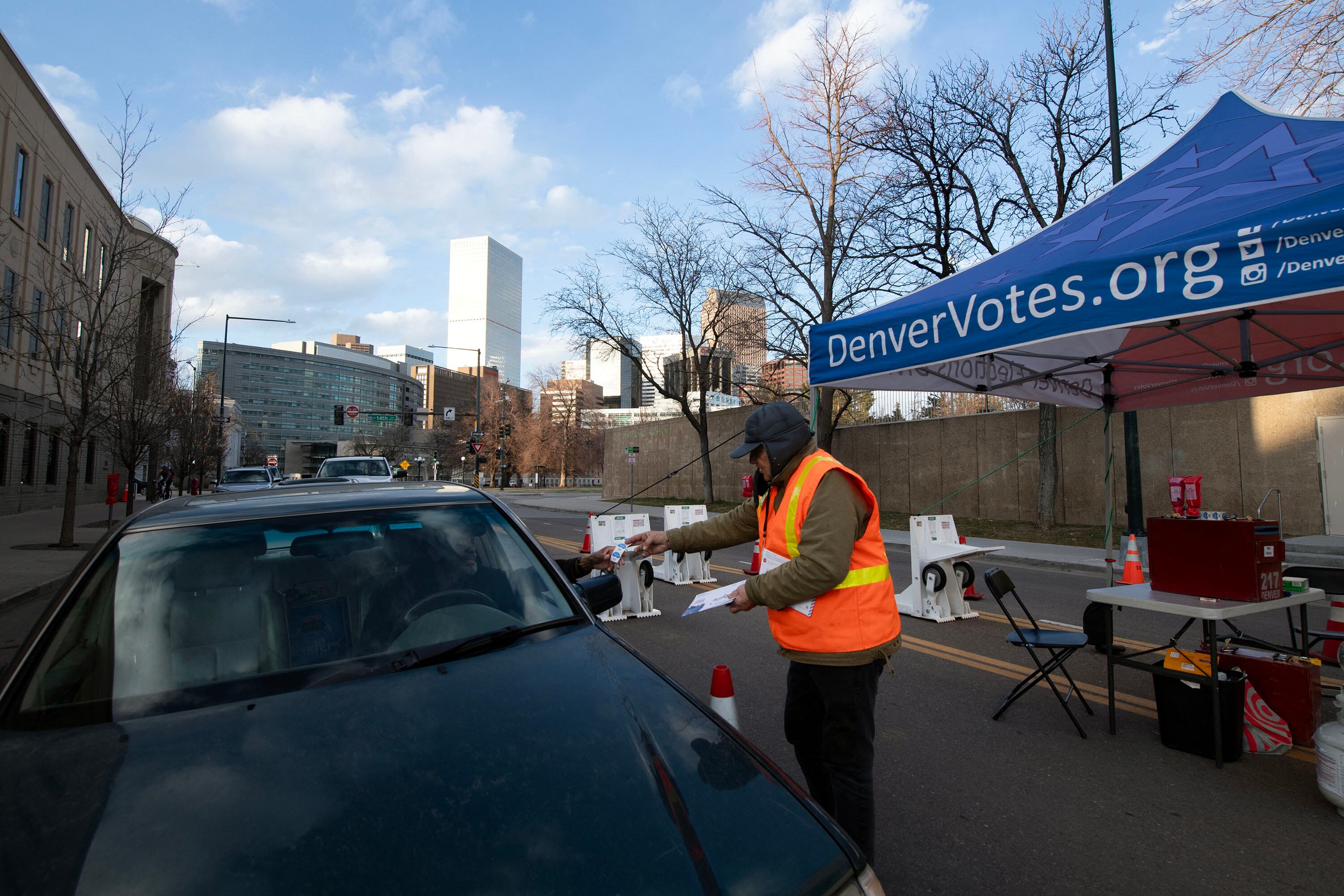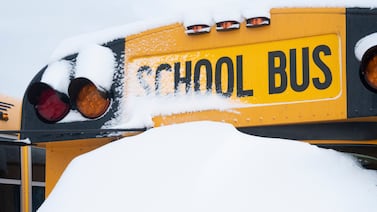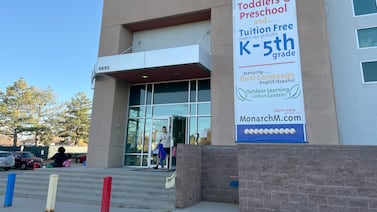Sign up for Chalkbeat Colorado’s free daily newsletter to get the latest reporting from us, plus curated news from other Colorado outlets, delivered to your inbox.
Educators, parents, and all Coloradans: What education issues would you like the 2024 presidential candidates to talk about, prioritize, and eventually take action on?
Tell us in a new statewide survey.
Called Voter Voices, the survey is part of a collaborative effort by newsrooms across the state to understand what Colorado voters want the candidates to focus on.
Why? Because voters are at the heart of every election. Your hopes and concerns will set the agenda for how we report and write about the issues — and the stakes — of the 2024 election.
Please take a few moments to share your thoughts. We will use your contact information only to reach out if a reporter wants to better understand your comments. If you chose to remain anonymous, your name will not appear in any story.
Please do not use autofill when completing this survey. Doing so replaces a key question with the name of your hometown.
Melanie Asmar is the bureau chief for Chalkbeat Colorado. Contact Melanie at masmar@chalkbeat.org.







